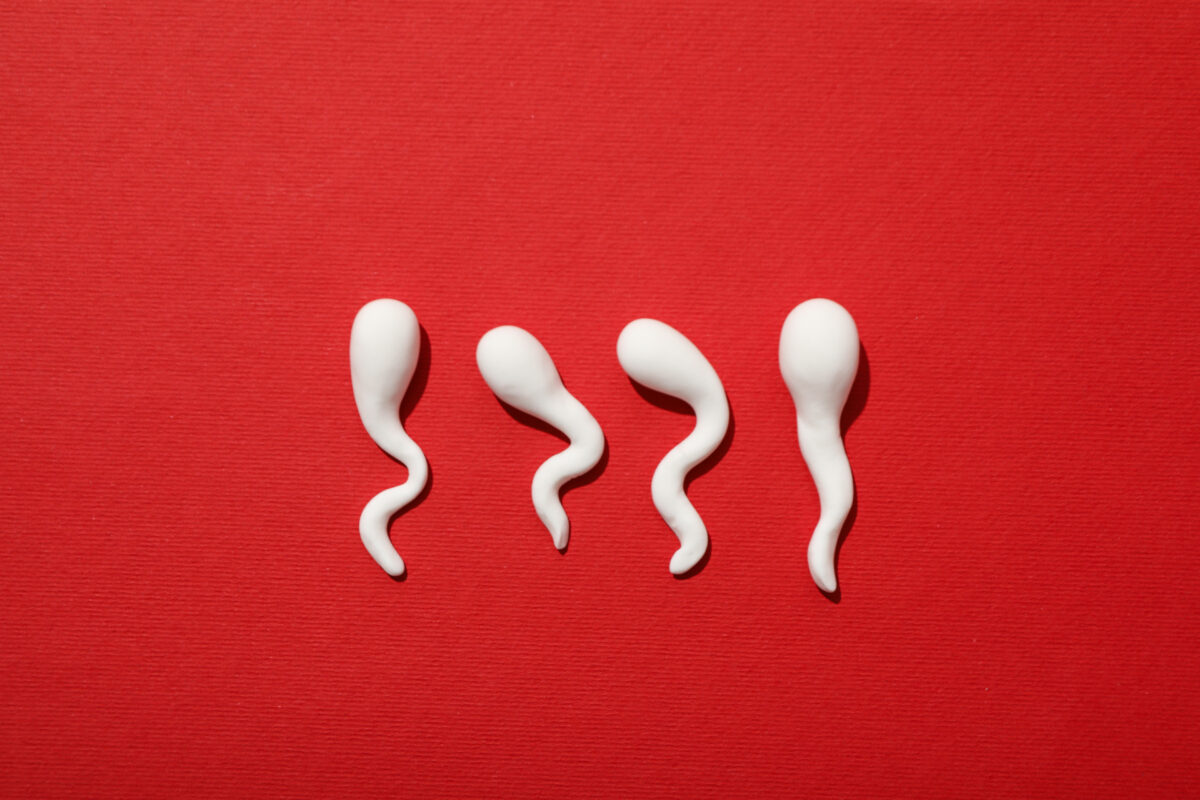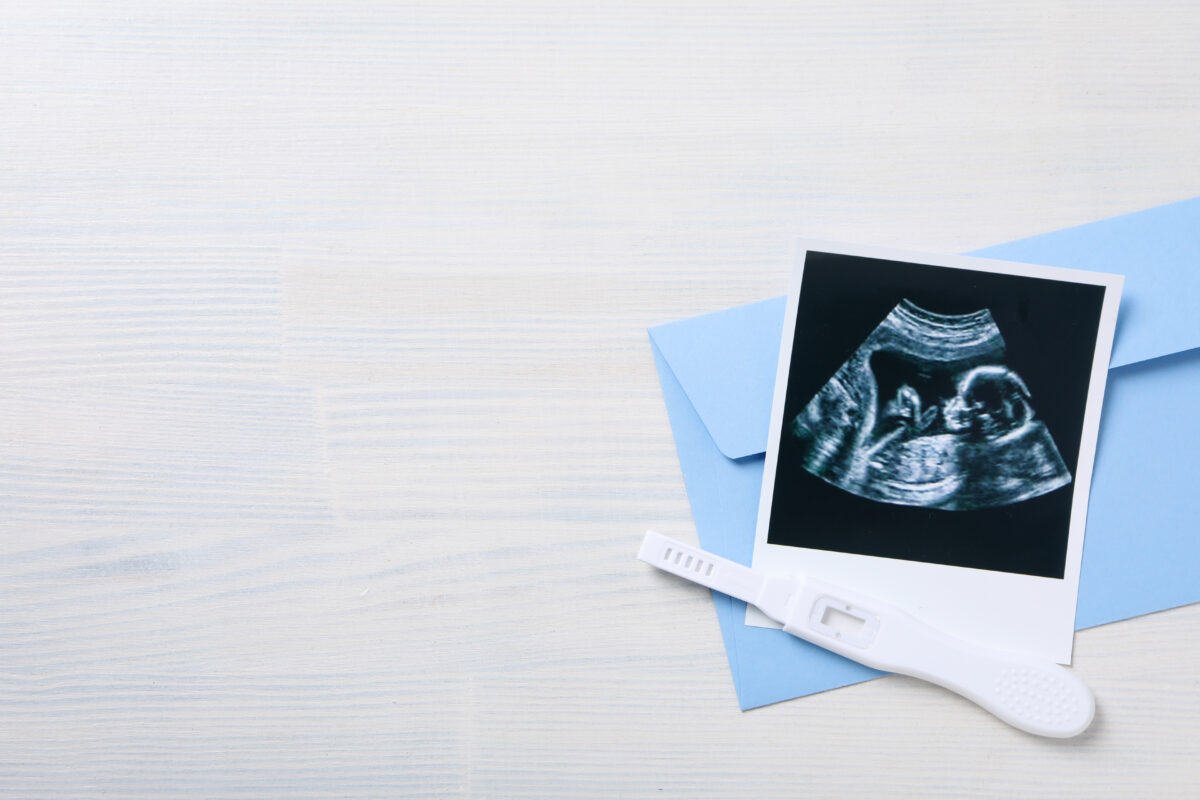In assisted reproduction treatments, decisions about the use of sperm samples can generate some doubts, especially when it comes to resorting to a sperm bank or using samples that have been frozen for a while.
One of the most common questions is whether the fact that the semen has been preserved cold for months or years can influence the success of the treatment. The uncertainty generated by this choice is understandable, but advances in cryopreservation and assisted reproductive techniques provide encouraging answers.
Sperm cryopreservation is a technique developed more than 60 years ago, allowing sperm to be frozen and stored long-term without significantly compromising their viability.
Today, this option is indispensable in many contexts, whether for medical, logistical or personal reasons. However, it is important to understand how this process works and whether it could have an impact on fertility treatments.
How does sperm freezing work?

The process of sperm freezing, also known as cryopreservation, involves subjecting sperm samples to extremely low temperatures to stop all cell activity and maintain sperm viability for years. The sample is collected, processed in a laboratory to remove the seminal fluid, and combined with a protective solution before being frozen in liquid nitrogen at -196°C.
This method has been used successfully for many decades, allowing sperm to maintain their functional characteristics once thawed, which has made cryopreservation a viable option in assisted fertility treatments such as intrauterine insemination (IUI) or in vitro fertilization (IVF).
Is it safe to use frozen semen?
Various scientific studies have shown that the use of frozen semen does not compromise the safety or health of the future baby. Babies born through fertility treatments assisted with frozen sperm are just as healthy as those conceived with fresh semen. No increase in rates of birth defects or developmental problems has been identified, confirming the safety of the procedure.
Storage time also does not seem to influence the final quality of the semen. There are documented cases where samples stored for more than 20 years have resulted in successful pregnancies.
Does frozen semen affect treatment success rates?
While freezing may slightly alter sperm motility (the ability to move to the egg), most assisted reproductive treatments are designed to mitigate this effect. Techniques such as IVF or intracytoplasmic sperm injection (ICSI) allow individual sperm to be selected to fertilize an egg, minimizing the impact of any variation in sperm motility or quantity.
Studies have shown that the success rates of frozen semen treatments are comparable to those obtained with fresh semen, especially in high-tech procedures such as IVF. Although a slight difference in success rate can be observed in treatments such as IUI (due to the need for greater sperm motility), the results are still favorable in both cases.
When is sperm cryopreservation recommended?
There are different reasons why sperm cryopreservation may be recommended in fertility treatment:
- Fertility preservation for medical reasons: Those who are going to undergo aggressive treatments such as chemotherapy or radiotherapy that could damage reproductive capacity choose to freeze sperm before treatment.
- Absence of the donor or partner at the time of treatment: In some cases, the sperm donor or male partner cannot be present during the insemination or IVF process, which makes it necessary to resort to a previously frozen sample.
- Sperm donation: In cases where donor samples are used, the donated sperm is always frozen to allow for infection testing prior to use, ensuring the safety of the samples.
- Reproductive health problems: Men with problems with sperm production or low sperm count may need several sample collection sessions. Freezing multiple samples allows you to gather enough to perform the treatment more successfully.
How does it influence fertility treatments?
The use of frozen sperm is an established practice in assisted reproduction treatments, and success rates are often comparable to those obtained with fresh semen, particularly in procedures such as in vitro fertilization (IVF) or ICSI, where viable sperm can be carefully selected.
In treatments such as intrauterine insemination (IUI), which rely more on the natural motility of sperm, there may be a slight difference in results. However, in general, frozen sperm treatments are still successful and are a reliable option. At Fertivida, we understand the concerns that may arise around the use of frozen semen and we provide personalized support to guide each person or couple throughout the assisted reproduction process, offering the assurance that the decisions made will be supported by scientific evidence and the best medical care.





